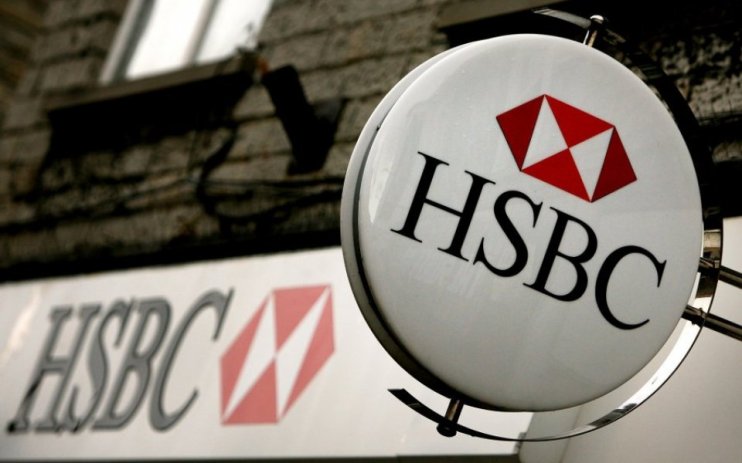HSBC to bring in 40 per cent overdraft rate

HSBC is set to bring in a controversial single overdraft rate of almost 40 per cent for its customers next year.
Current rates are between 9.9 per cent and 19.9 per cent but all account holders will be charged 39.9 per cent by HSBC as of next March.
Read more: Metro Bank boss to step down
The banking giant is following in the footsteps of Nationwide Building Society by introducing a 39.9 per cent cent overdraft rate, which comes in response to new legislation from the Financial Conduct Authority (FCA).
The move means that some customers will have their overdraft rates quadrupled.
“With both of the first banks to announce changes moving overdraft interest rates to around 40 per cent, we have to wonder if this is the new normal,” said Helen Saxon, banking editor at MoneySavingExpert.
“While it’s a step forward to cut punishing over-limit fees and to make overdraft costs more transparent, this change will actually make everyone who is in their arranged overdraft and owes more than £25, worse off – whichever HSBC account they hold.”
HSBC has said it is removing a £5 daily fee for going into an unarranged overdraft and bringing in an interest-free £25 buffer on some accounts.
The lender said that seven in ten customers who use an overdraft will find it cheaper or the same.
Madhu Kejriwal, HSBC UK’s head of lending and payments said: “An overdraft gives people a bit of flexibility with their finances especially if there is an unexpected cost or emergency repair required. The new £25 buffer we are introducing will also give people some peace of mind that a small miscalculation on spending won’t incur overdraft charges.”
Kejriwal added: “By simplifying our overdraft charging structure we are making them easier to understand, more transparent and giving customers tools to help them make better financial decisions.”
Read more: Moody’s downgrades outlook for UK banking system
Andrew Hagger of Moneycomms.co.uk said: “Paying almost 40 per cent for agreed overdrafts looks like becoming the norm even if you have a top notch credit record – double the rate on credit cards – surely this isn’t the outcome the regulator was expecting?”
He added: “Some of the big banks still haven’t shown their hands but the early signs are that those using agreed overdrafts will be paying a much higher price and absorbing the costs the banks used to impose on unauthorised overdraft borrowing.”